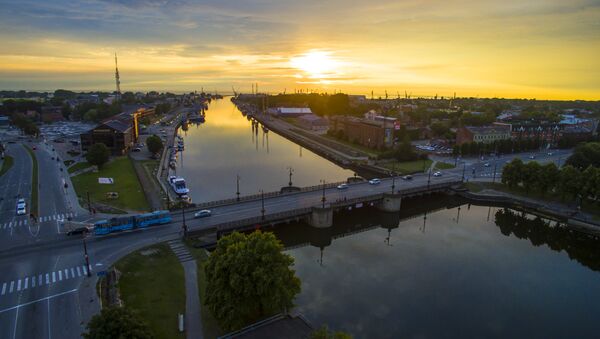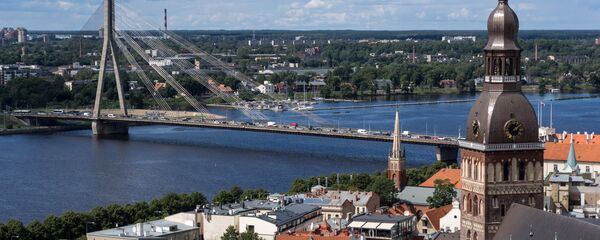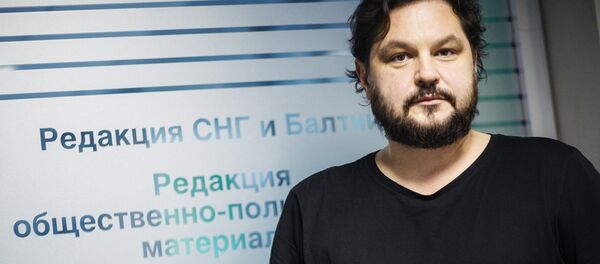During a recent tourist trip to Latvia, which shares a common border with Lithuania, Lithuanian citizen Ekaterina Merkulieva and her children approached a local bus driver to find out about the schedule. Addressing the driver in Russian (which was the lingua franca between the republics of the USSR during Soviet days), she received a sharp rebuke, Sputnik Lithuania reported.
"In the end, he called us 'Russian invaders.' I understood this very clearly, even though I don't know Latvian," Ekaterina wrote in her complaint to the Liepaja Public Transport Agency. The mother noted that while her reaction to the bigoted statement was calm, her children were shaken.
The head of the Liepaja Public Transport Agency apologized to the tourist and appealed to the alleged offender's boss, but has yet to receive a reply.
"Of course, I was not present during this incident. But here we are not talking about the Russian language, but about a crude attitude, which is inadmissible," Public Transport Agency head Uldis Zupa said.
Russophobia has been on the rise in the Baltic states since the countries regained their independence after the breakup of the Soviet Union. In recent years, Baltic governments have made efforts to "squeeze out" the Russian language and, in some cases, Russian speakers themselves. In Latvia, for example, a law has recently been passed transferring all minority secondary schools to education in Latvian only.
In Lithuania, lawmakers from the Homeland Union party have proposed introducing more courses in Lithuanian in Polish and Russian minority language schools.




